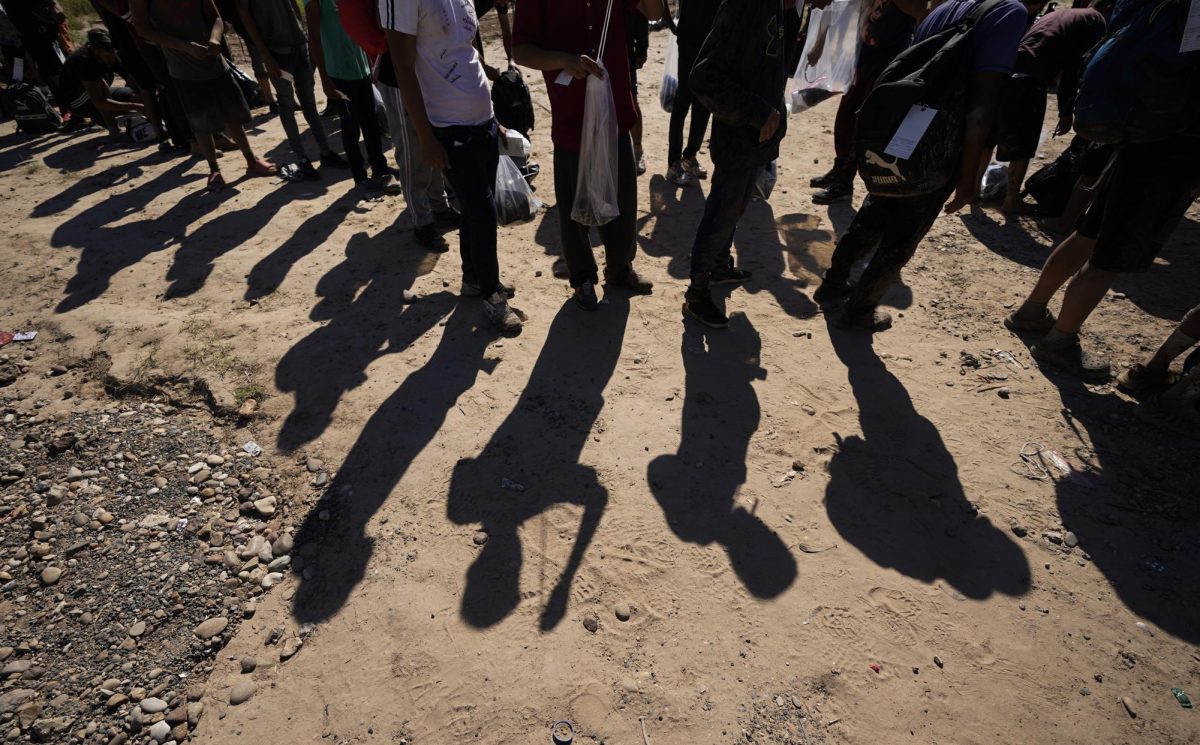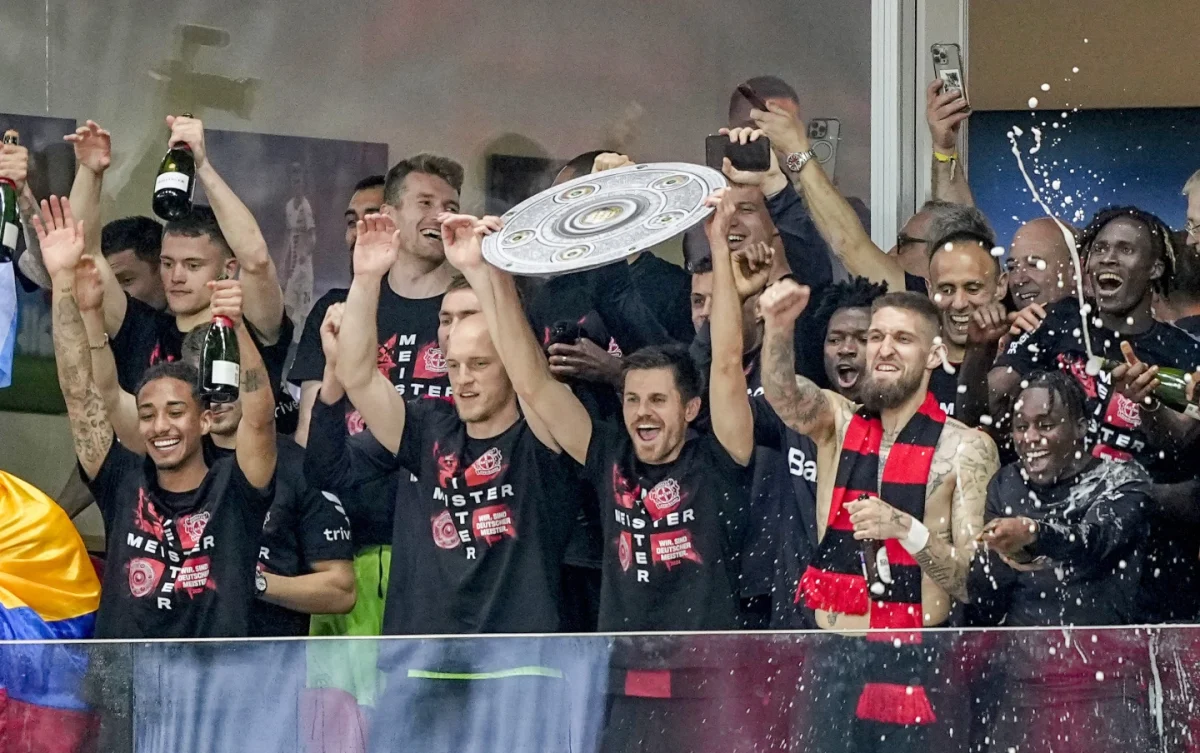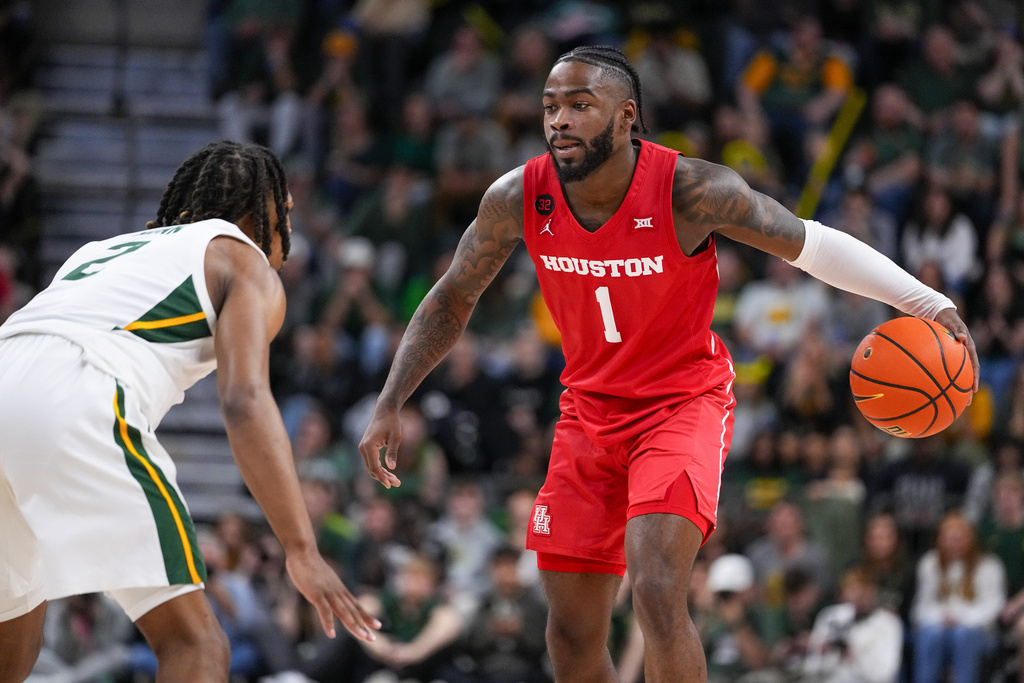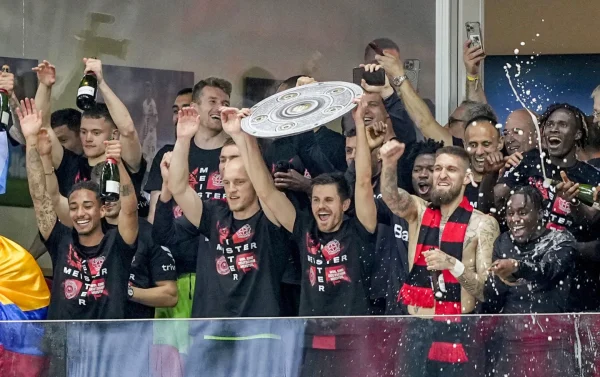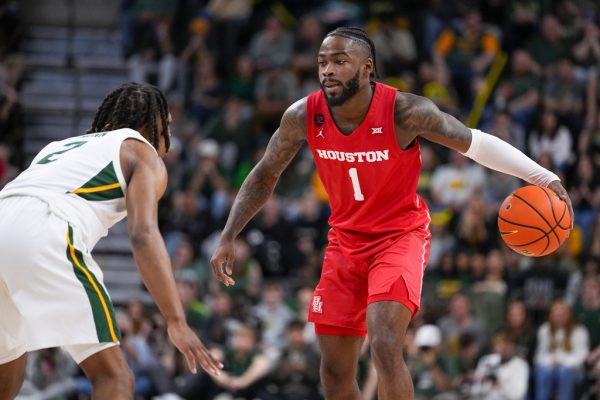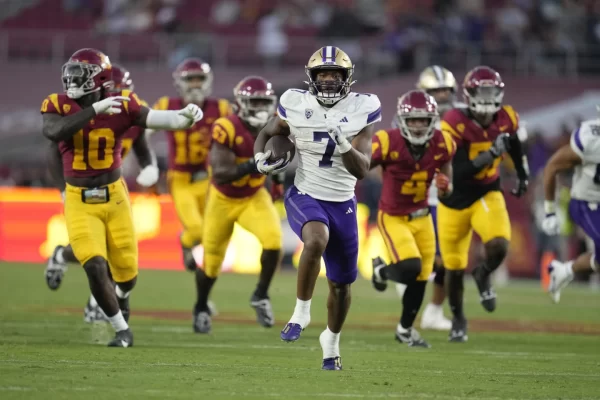Fútbol Champions
February 2, 2016
CONCACAF has chosen their players of the year: Women’s World Cup winner and U.S. national team captain Carli Lloyd and the Mexican International Javier ‘Chicharito’ Hernandez.
CONCACAF is the Confederation of North, Central America and Caribbean Association Football. Based on voting in by fans, technical directors and players alike, the award winning categories stretched from Men and Women’s Player of the Year to Men and Women’s Coach of the Year.

First-time winner Carli Llyod succeeded her former teammate Abby Wambach—the all time leading women’s goal scorer—through her performance in the women’s world cup during the summer. Llyod’s 10 plus year gig with the United States women’s national team has included her involvement in over five major tournaments for the U.S., along with her overcoming a mid-career ankle injury that looked to halt her success.
Lloyd was also the winner of the 2015 Women’s World Cup Golden Ball and FIFA’s World Player of the Year for 2015. She is also currently a member of the Houston Dash within the National Women’s Soccer League. As a starting member of the United States women’s national team, Lloyd’s informal role as an idol is decisive in gathering and influencing a new audience to join American soccer, both on and off the pitch.
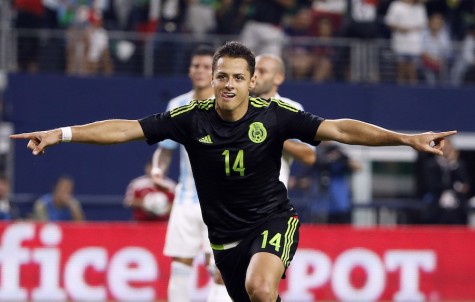
Javier Hernandez is second on the list of all time goal scorers for the Mexican national team and Bundesliga Player of the Month in both November and December of 2015. He has been recognized for his contributions in the Mexican national team and the German club Bayer Leverkusen. Among the laurels Hernandez has received, he sits comfortably holding league titles with English soccer powerhouse Manchester United, a 2011 Gold Cup MVP and top scorer award, along with a comfortable 11 goals in the German Bundesliga.
Despite being left out of the Mexican squad that went on to win the 2015 Gold Cup—beating Jamaica in the final 3-1, and the squad that participated in the 2015 Copa America—Hernandez was still able to exceed players from the most elite teams, including his own team, in the CONCACAF region. At age 27, Hernandez has a résumé including the likes of European powerhouses Manchester United and Real Madrid, two of the most decorated clubs in the history of the sport.
Both award winners have displayed their talents overseas and at home, and give a voice to the CONCACAF region, which is sometimes overshadowed by the history and prestige created by the European sphere. Though comparing the likes of the Houston Dynamo to the Arsenal Football Club of London might seem a bit rushed at the moment, it shows that the players who call CONCACAF home are undoubtedly making it evident the gap is forever becoming smaller and smaller while home support continues to grow.
Far less recognized than the players, the coaches who were awarded CONCACAF Men’s and Women’s Coach of the year respectively, were Hernan Dario Gomez of the Panama National Team; and Jill Ellis of the United States Women’s National Team.
Hernan Gomez was appointed manager Panama, after brief periods coaching teams such as Columbia and Ecuador after, and led them to a third place spot in the Gold Cup in 2015.
Jill Ellis executed an outstanding display as she guided the U.S. women’s national team to a World Cup, ending the 16 year long shortcoming of the world champion title. Ellis also went on to win FIFA World Coach of the Year for Women’s Football. Her rise from an assistant coach to World Cup winner epitomizes the strength and audacity of soccer within the western hemisphere, where she continues to impact the future of the sport by acting as the National Development Director for the United States women’s youth teams.



